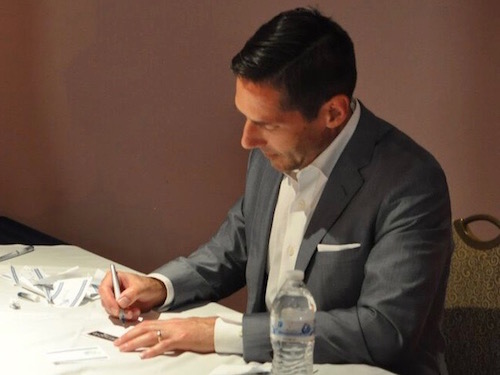 Doug Axe, Intro of recalls current CalTech winner Frances Arnold:
Doug Axe, Intro of recalls current CalTech winner Frances Arnold:
In a conversation in her office one day, I said that I wanted to do work on protein evolution. She was skeptical, for pragmatic reasons. “Is that the kind of work that people will want to fund?”, she asked. I smile recalling that, but up to that point she had been trying to modify enzymes (proteins that do chemistry) by thinking carefully about the effects certain changes to their amino-acid sequences ought to have.
She and the graduate students working with her soon found that it was much harder to anticipate the effects of designed changes than they had thought. That’s when she made the shift to what is known as directed evolution. The idea here is that by applying carefully designed biological selection to huge collections of variant genes that came from a suitably designed starting point, we should be able to find the one-in-a-billion variant that does what we want. If we do, then we can make a billion variants of that one and repeat the process.
Reflecting on the implications of her work and that of the other Nobelists, he adds,
It’s also fitting that words like “design” and “directed” be attached to their work. The truth is that by much hard work and careful thought, they accomplished what accidental processes would never accomplish on their own.
Equally true is that even these stellar scientists have not found a way to invent from scratch proteins that rival the ones we see by the thousands in living cells. As Frances Arnold once said with admirable candor: “[E]fforts to date to generate novel catalysts have primarily demonstrated that we are getting good at making bad enzymes. Making good enzymes will require a whole new level of insight, or new methodologies altogether.” “Nobel Prize in Chemistry for Intelligent Design?” at Evolution News and Science Today
She can probably do it eventually, but not without designing and directing the process.
 More info re Axe’s Undeniable (2016) here.
More info re Axe’s Undeniable (2016) here.
See also: One Nobel Reason for Believing that Artificial Selection is More Powerful than Natural Selection (PaV)
and
Matti Leisola on evolution and the recent Nobel Chemistry prize